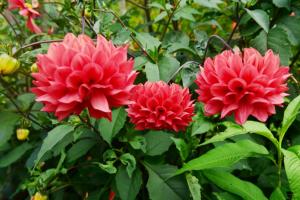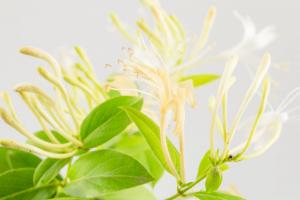Will Kelp Help Water Plants Grow in a Pond?
Ponds are a beautiful feature in any landscape, but maintaining a healthy ecosystem can require some effort. One of the key elements of a pond’s ecosystem is the aquatic plants, which play a vital role in maintaining water quality, providing shelter for wildlife, and promoting biodiversity. However, keeping water plants healthy and thriving can be a challenge, especially when the pond is subject to pollution, nutrient imbalance, and other environmental stress factors. In recent years, kelp has emerged as a potential solution to these issues, but does it really work? Let’s take a closer look.
Understanding Kelp
Kelp is a type of brown algae that grows in cool, nutrient-rich waters along coastlines worldwide. It is a valuable source of food and nutrients for many marine species, including sea otters, seals, and sea urchins. In recent years, kelp has gained attention for its potential to help promote plant growth and improve water quality in aquatic environments, including ponds. Kelp extracts contain a wide range of nutrients, including nitrogen, phosphorus, potassium, and trace minerals, as well as plant growth regulators such as auxins and cytokinins.
The Benefits of Kelp for Water Plants
Kelp can provide numerous benefits to water plants in a pond. First and foremost, it can help stimulate growth by providing essential nutrients and growth regulators. In addition, kelp extracts can help plants tolerate stress factors such as pollution, high temperatures, and inadequate light. This can be especially important in ponds that are subject to runoff from lawns, farmland, or other human activities that can introduce pollutants and disrupt the natural ecosystem. Finally, kelp can also help improve water quality by removing excess nutrients from the water column, reducing the risk of harmful algal blooms and other water quality issues.
How to Use Kelp in a Pond
If you are considering using kelp to help promote water plant growth in your pond, there are several things to keep in mind. First, make sure to choose a high-quality kelp extract that is specifically formulated for use in ponds. This will ensure that you are getting the right balance of nutrients and plant growth regulators to support your aquatic plants. Second, follow the manufacturer’s instructions carefully, as over-application can lead to imbalances in the pond’s ecosystem. Third, monitor the water quality and plant growth regularly to ensure that the kelp is having the desired effect.
Conclusion
Overall, kelp can be a valuable tool for promoting water plant growth and improving water quality in a pond. Its potent blend of nutrients and growth regulators can help plants thrive even in stressful conditions, while also reducing the risk of pollution and other environmental issues. If you are looking for a natural, effective way to support your pond’s ecosystem, consider giving kelp a try.

 how many times do yo...
how many times do yo... how many planted tre...
how many planted tre... how many pine trees ...
how many pine trees ... how many pecan trees...
how many pecan trees... how many plants comp...
how many plants comp... how many plants can ...
how many plants can ... how many plants and ...
how many plants and ... how many pepper plan...
how many pepper plan...





























